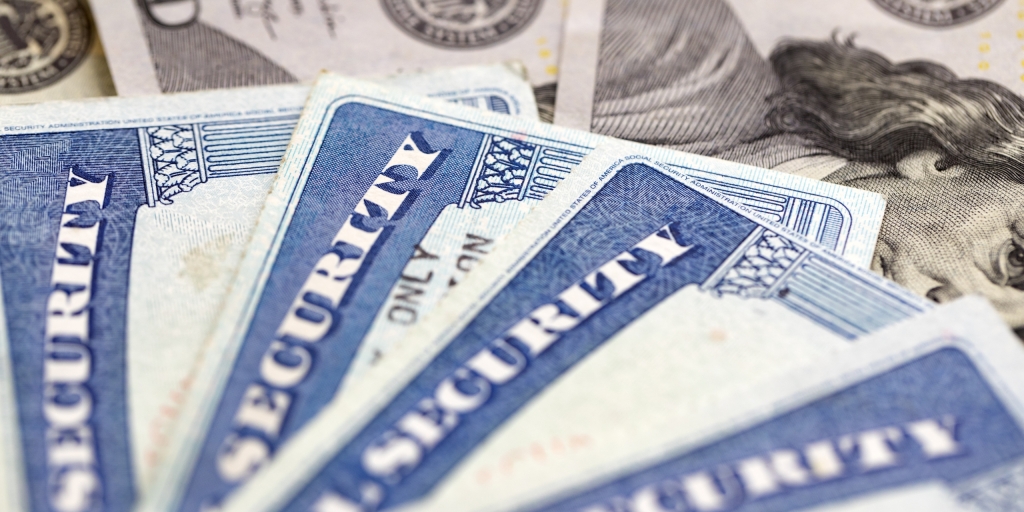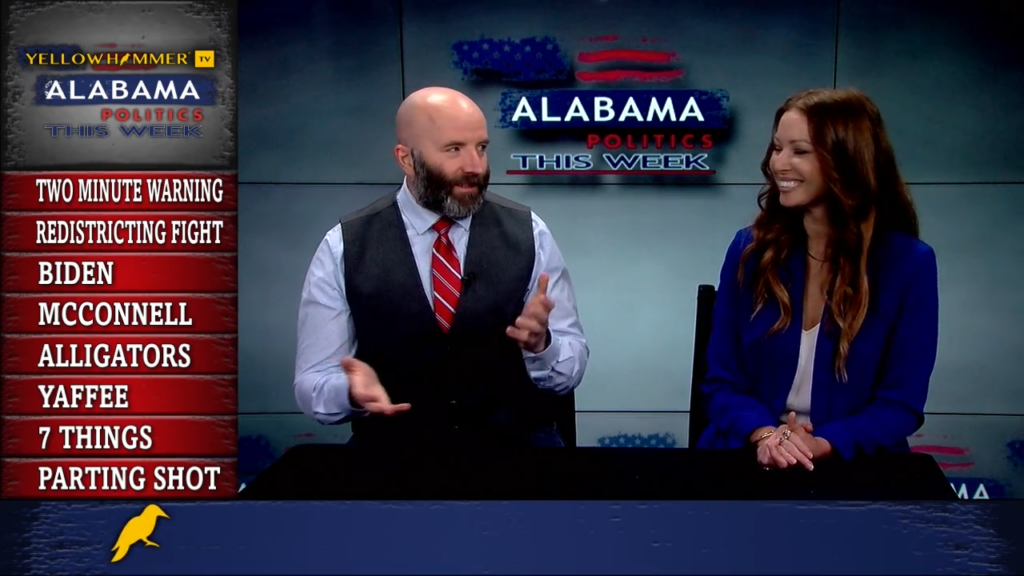High gas prices over the past three years have contributed to record oil company profits. Yet domestic oil production has not surged in response. The Biden Administration blames corporate greed while critics blame Biden’s anti-energy agenda.
Recent research suggests another possibility, our very own oil cartel.
Gas prices stand about 60 percent higher than January 2021 although down from summer 2022. Administration officials have noted weak industry interest in Federal leases and Exxon and Chevron have recently canceled projects. Domestic production only recently (virtually) reached its pre-COVID November 2019 peak.
A cartel might have emerged through horizontal stock ownership by institutional investors through vehicles like mutual funds and index funds. Many investors seek diversified, passively managed stock funds which mirror the S&P 500 or other stock indexes and avoid high fees. The success of such funds has led to institutional investors owning perhaps 80 to 90 percent of major corporations. The “Big Three” asset managers – BlackRock, Vanguard, and State Street – own about a quarter of the stock of many large companies.
Consequently, asset managers own large chunks of competing firms with significant implications for economic theories of competition. Economists assume that independently owned firms maximize their own profits. Aggressive competition – cutting prices, offering better service – takes customers, and consequently profits, away from competitors. Free market economists think competition can be very vigorous even with a small number of competitors.
Common horizontal ownership changes this dynamic. If the owners of Delta also own American, fare-cutting takes revenue from themselves. Horizontal ownership makes collusion to restrain competition more likely. But even without collusion, the incentive to compete is diminished.
The Biden Administration’s war on fossil fuels could also be inhibiting domestic oil production. But climate change may be camouflage. BlackRock CEO Larry Fink may claim to be saving the planet while really leading a domestic OPEC.
Horizontal ownership raises clear antitrust concerns. To date, institutional investors’ horizontal ownership has flown under the radar.
But recent research by Professor Jose Azar and coauthors has documented an anticompetitive impact of horizontal ownership. Making a convincing case that horizontal ownership instead of other factors drives any observed price differences requires careful analysis. One of Professor Azar’s studies examined airlines, where fares on each route, say Atlanta to Chicago, can be analyzed separately. Economists use the Herfindahl-Hirschman Index (HHI) to measure effective competition in a market. Azar and colleagues use a modified HHI (MHHI) which decreases effective competition when a small number of competitors also have common ownership.
Differences in fares across routes depended more on the MHHI than the traditional HHI, even when controlling for other factors. In addition, mergers among financial institutions increasing the MHHI but not the HHI increased prices. Finally, routes where fares and the MHHI increased typically experience fewer travelers, helping rule out increases in demand for flights as driving higher fares.
Overall Azar and colleagues find that horizontal ownership results in fares being 3 to 7% higher. An examination of banking also found horizontal ownership to increase fees. These relatively recent results are not the final word but raise red flags.
Horizontal stock ownership can also explain other market behaviors. As Harvard’s Einer Elhauge observes, CEO bonuses are often based on industry performance and not their firm’s performance. This reward structure only makes sense with horizontal ownership of leading firms in an industry.
Could antitrust help address horizontal ownership? As a principle, I am skeptical of antitrust as markets can humble even the largest companies if they fail to serve customers. Professor Elhauge suggests limiting stock funds seeking diversification to investing in only one company in an industry; BlackRock need not own Delta, American, and United.
The possible transformation of Americans’ desire to avoid stockbroker fees into a mechanism for collusion illustrates the fears of many that smart business insiders can take advantage of them. While this fear is real, complicated regulations truly empower the greedy. Deregulation and competition surprisingly offer the best hope to align greed with consumers’ interests.
Daniel Sutter is the Charles G. Koch Professor of Economics with the Manuel H. Johnson Center for Political Economy at Troy University and host of Econversations on TrojanVision. The opinions expressed in this column are the author’s and do not necessarily reflect the views of Troy University.










